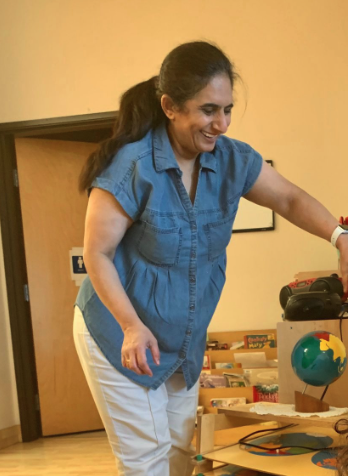
What are the Montessori Planes of Development?
Montessori education has been garnering attention globally for its unique approach to teaching and child development. But what exactly are the Montessori planes of development? Let’s dive into it!
Principles of Montessori Education
Montessori education revolves around child-centered learning. The fundamental principle is to respect each child’s individuality and pace of learning. Children learn through self-directed activities and hands-on experience. They are guided to explore and learn in an environment prepared to aid their natural development.
Maria Montessori, an Italian physician and educator, initiated this teaching approach in the early 20th century. Her observation and understanding of children’s natural learning tendencies form the foundation of Montessori education.
Understanding the Montessori Planes of Development
First Plane of Development: Birth to 6 years
Characteristics of the First Plane
Children in the first plane of development exhibit absorbent minds. They are eager explorers, absorbing knowledge from their environment like sponges. Curiosity and enthusiasm for learning are their driving forces.
Impact on Learning During the First Plane
During this stage, children develop basic motor skills and cognitive abilities. They form their first understanding of the world around them, which is crucial in building their future learning foundation.
Second Plane of Development: 6 to 12 years
Characteristics of the Second Plane
Children in this stage develop a keen interest in social interactions and the world. They start reasoning and imagining and show a thirst for knowledge and understanding.
Impact on Learning During the Second Plane
This is a crucial period for academic growth. Children develop critical thinking skills, learn to collaborate with others, and start to grasp abstract concepts.
Third Plane of Development: 12 to 18 years
Characteristics of the Third Plane
This plane marks the adolescence period. Children go through significant physical and psychological changes and develop a sense of self-identity. They are interested in societal issues and yearn for independence.
Impact on Learning During the Third Plane
Children in this stage develop advanced cognitive abilities and start to apply knowledge to real-life scenarios. They understand societal norms and roles and develop a strong sense of personal identity and independence.
Fourth Plane of Development: 18 to 24 years
Characteristics of the Fourth Plane
This stage signifies adulthood. Individuals are capable of abstract thinking and making complex decisions. They explore personal interests and career paths and continue to cultivate lifelong learning skills.
Impact on Learning During the Fourth Plane
The focus is on refining intellectual, emotional, and social skills. Individuals gain expertise in chosen fields, understand their responsibilities towards society, and contribute actively to it.
Significance of the Montessori Planes of Development
Benefits of Understanding the Montessori Planes
Understanding these planes of development provides insights into a child’s behavior, needs, and abilities at different stages. It helps educators and parents create an optimal environment for each developmental stage, aiding in holistic development.
Practical Application in Teaching and Parenting
The application of these principles enables effective teaching strategies tailored to each child’s developmental stage. It allows for a harmonious blending of teaching and parenting styles, promoting better understanding and cooperation between children and adults.
The Montessori Planes of Development offer a unique perspective on child development. Recognizing these stages can greatly enhance our approach to education, enabling us to foster an environment conducive to the natural progression of a child’s growth and development.
Frequently Asked Questions Regarding the Planes of Development
What is the primary goal of Montessori education?
The main goal is to aid children’s natural development, focusing on self-directed, hands-on learning.
What are the four Montessori planes of development?
These are distinct developmental stages: Birth to 6 years, 6 to 12 years, 12 to 18 years, and 18 to 24 years.
How does the Montessori approach differ from traditional education?
Montessori education emphasizes individual learning pace, hands-on experience, and self-directed activities, unlike the more structured, teacher-centered traditional education.
More recommended posts:
Montessori School Pros and Cons
5 Montessori Clean Up Ideas for Children
